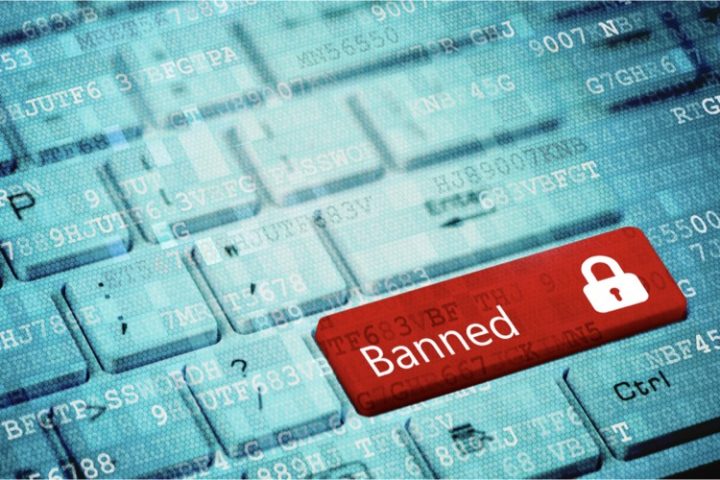
On Friday at the GlobalFact 9 “fact checking” conference in Oslo, Norway, tech giant YouTube took a tongue lashing from various “fact checking” organizations who are complaining that the video-sharing service does not do enough to remove “misinformation” from their platform. The conference was arranged by the International Fact-Checking Network (IFCN), a business unit of the Poynter Institute, which receives funding from George Soros’ Open Society Foundations.
And, boy, were they unhappy with YouTube. Groups claimed that YouTube — which has a history of censoring voices that they don’t agree with — isn’t doing enough to promote what “fact checkers” say is accurate information.
Also, the “fact checkers'” own content on YouTube is not doing very well.
“YouTube does not seem to raise accurate, credible information in its algorithms. We have had a lot of experience with YouTube making videos of fact-checking content. It doesn’t seem to do very well,” said Angie Drobnic Holan, the chief editor at PolitiFact. “I think most news organizations are extremely frustrated with your platform.”
It would seem that the chief editor at PolitiFact is concerned that the videos the company produces aren’t doing very well on YouTube. How is that YouTube’s fault? Are their videos entertaining, insightful or engaging in any way? Or are they just being angry scolds, unhappy that no one watches their boring content?
An obviously perturbed Holan continued: “I hope you can take that message back to your entire company and share it at the highest levels. Because sending a representative to a fact-checking conference to talk nice is just not doing it.”
YouTube responded to the allegation by claiming they’re doing all they can to push what they call “authoritative” sources.
“All of the work that we’re doing around raising authoritative content, navigating that in the context of the various recommendation systems is very much a big priority for us, and it’s something we’re continuing to invest in,” said YouTube spokesman Brandon Feldman.
IFCN director Baybars Örsek opined that YouTube’s participation in the conference might be a sign that the big-tech platform is open to more censorship if the situation calls for it.
“I think to me, this has been very useful and just as good as it gets, especially as a first encounter between the company and the fact-checking community,” Örsek said.
Facebook was also singled out for not censoring enough during the previous day of the conference. “Fact checkers,” during a meeting cheered when someone criticized Meta, which Facebook now calls itself, for its policy of not allowing direct moderation of politicians’ statements.
The “fact checkers” seem to be far less interested in facts than they are about making certain only certain views are allowed.
In an open letter to YouTube CEO Susan Wojcicki from January, the IFCN lamented how destructive “disinformation” and “misinformation” had been throughout the COVID-19 pandemic. The IFCN accused YouTube of being one of the “major conduits of online disinformation and misinformation worldwide.”
“What we do not see is much effort by YouTube to implement policies that address the problem. On the contrary, YouTube is allowing its platform to be weaponized by unscrupulous actors to manipulate and exploit others, and to organize and fundraise themselves,” the letter states.
But YouTube, Facebook, and all the others have a long history of censoring dissenting voices. YouTube, for instance, has been in a three-year-long battle with conservative comedian Steven Crowder not over “facts,” but about what the big-tech giant calls “bullying” behavior. Facebook’s omnipresent “fact checks” have been the subject of censorship battles with Candace Owens and consumer reporter John Stossel.
At some point, the “fact checkers” need to realize that it’s not the platforms’ responsibility to regulate speech — whether it’s factual or not. Agenda driven “facts” are only opinions, after all, as Stossel’s lawsuit proves.




